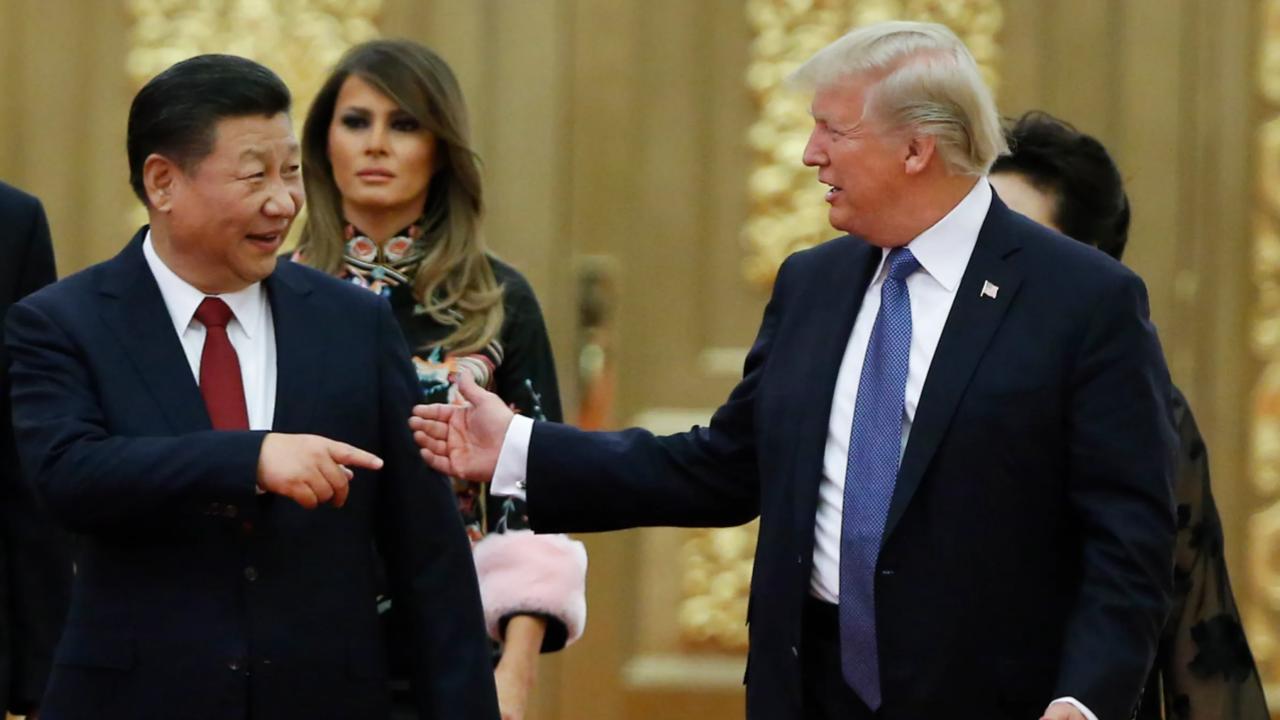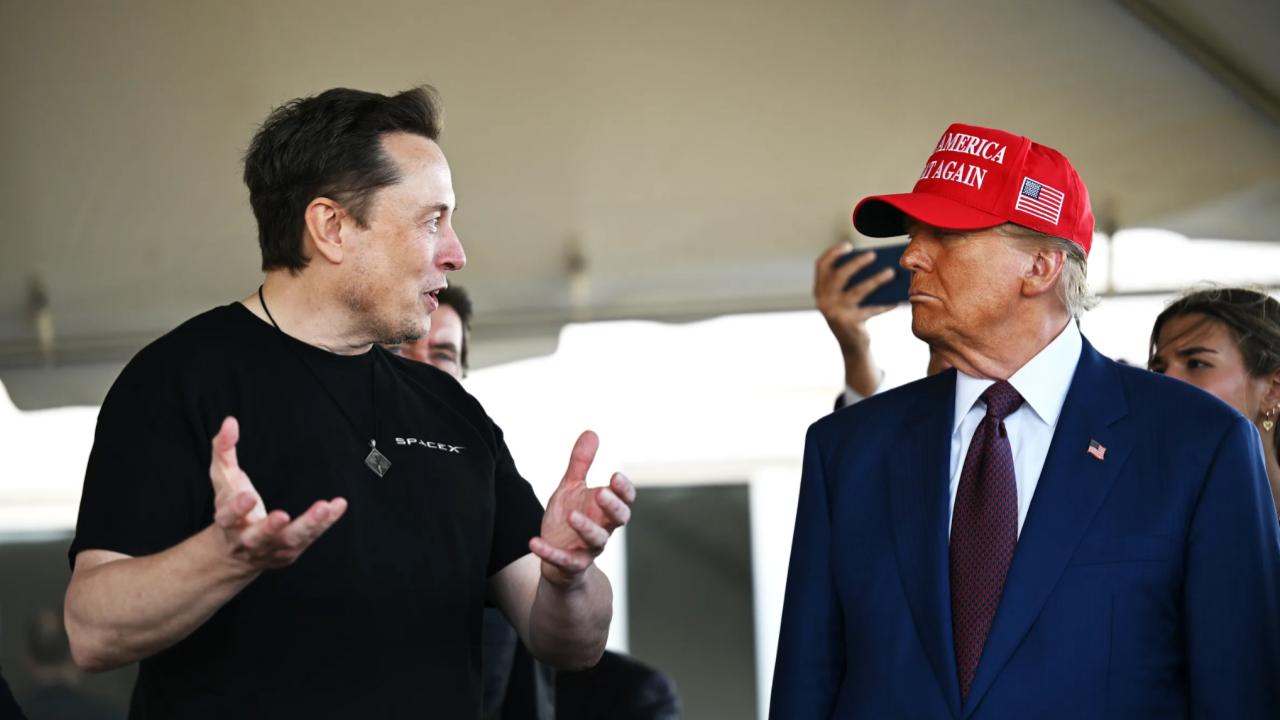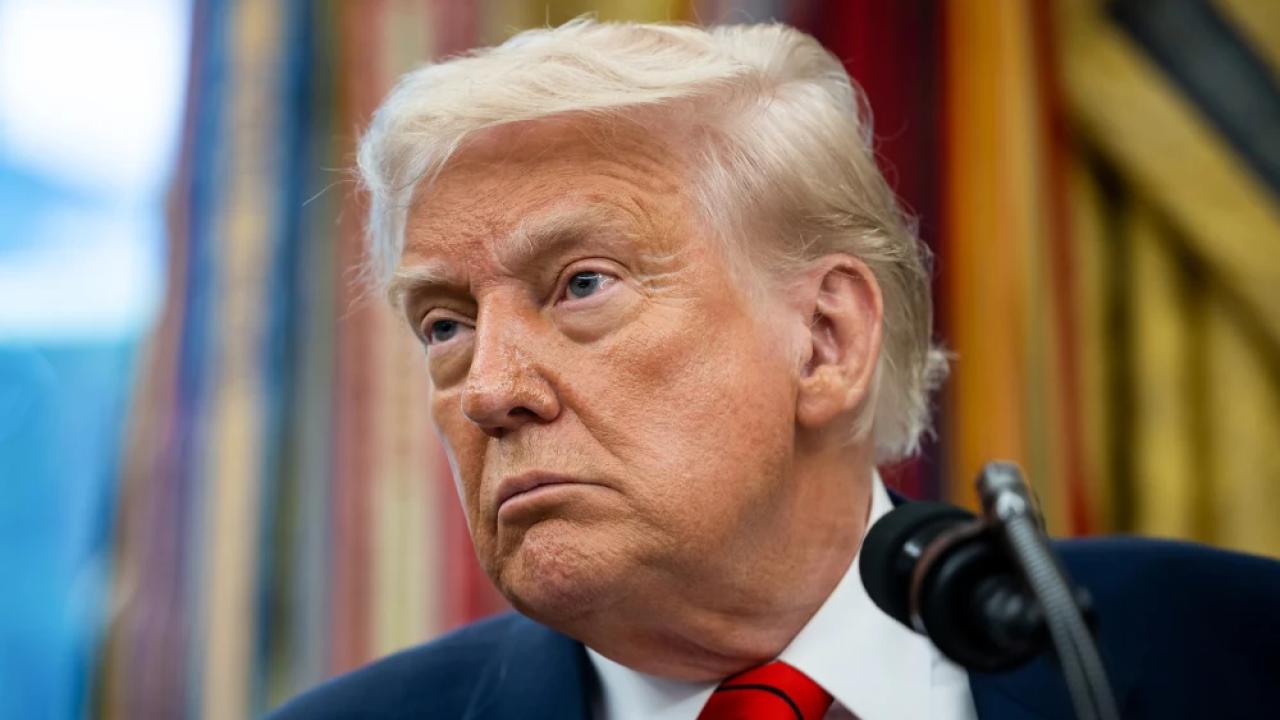Donald Trump is doubling down on promises to bring back U.S. manufacturing jobs if re-elected in November. But the aviation industry, which could benefit from a domestic production surge, is already struggling to fill open roles—revealing a critical flaw in the plan.
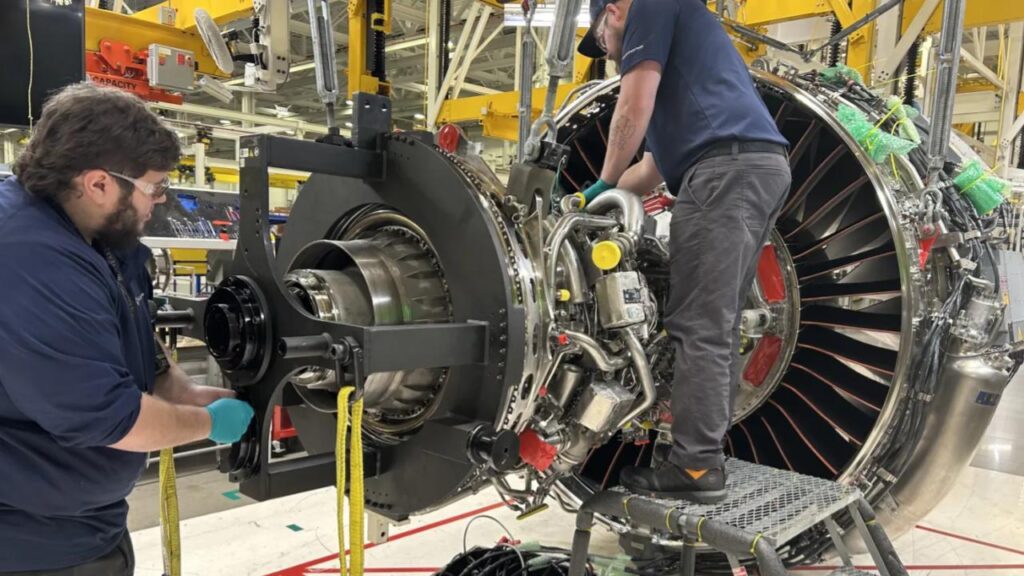
Trump Vows to Bring Back Manufacturing
| Key Insight | Statistic |
|---|---|
| Unfilled manufacturing roles monthly | About 500,000 |
| Aviation-related workers needed by 2033 | 3.8 million |
| Share of U.S. workforce in manufacturing | Just 7% |
Trump’s vision for a made-in-America revival hits a roadblock when it comes to labor. The aviation sector is a prime example: job openings are growing, but workers aren’t lining up—because they aren’t trained, and the pipeline isn’t ready. To make a manufacturing comeback real, the U.S. needs to rethink how it trains, educates, and values technical talent. Otherwise, factories may be built—but they’ll sit half-empty.
Manufacturing Promises, Real-World Problems
At recent rallies, Trump has proposed aggressive 10% tariffs on all imports and 60% tariffs on Chinese goods. These moves are aimed at reviving U.S. manufacturing by pushing companies to bring operations back home.
Aviation’s Talent Pipeline Is Running Dry
In a CNBC segment titled “Trump wants to bring manufacturing jobs back. The aviation industry can’t hire fast enough,” experts warned that the sector’s need for skilled labor far outpaces current training capacity.
The issue isn’t just demand—it’s the complexity. Aviation roles often require specialized certifications, years of training, and strict adherence to safety and compliance standards.
Why Aren’t These Jobs Being Filled?
1. A Generational Shift
Many current aviation workers are aging out. The average aerospace technician is pushing 55. As retirements rise, replacements aren’t keeping pace.
2. Training Takes Time
Jobs like aircraft maintenance technician or avionics engineer aren’t plug-and-play. Many require two to four years of education, on-the-job training, and licensing.
3. Stigma Around “Blue Collar” Work
Aviation jobs often pay six figures, but they lack the prestige of white-collar tech roles. This cultural disconnect means fewer young people are pursuing these careers.
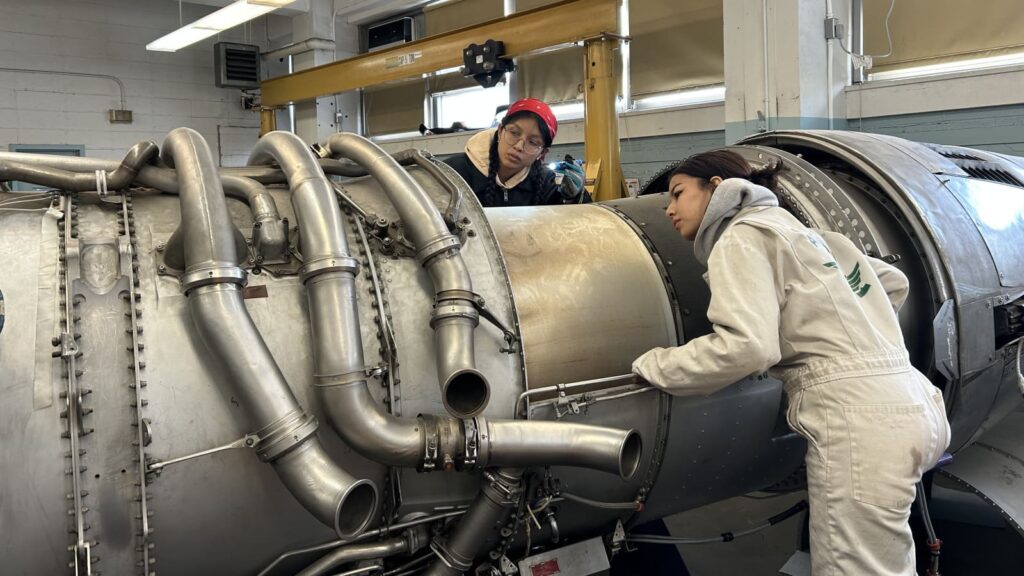
Trump’s Tariffs Might Not Help Here
While tariffs can create incentives to reshore production, they can’t produce workers out of thin air. Economists say this is especially true in complex, high-skill fields like aviation.
“If you want a Boeing plant in Ohio, great,” said an industry expert I spoke with in Seattle. “But who’s going to staff it? That’s the bottleneck.”
What the Industry Needs Instead
Better Workforce Development
Programs like FAME (Federation for Advanced Manufacturing Education) blend community college and apprenticeships to create job-ready grads. Scaling this model could help aviation significantly.
Investment in Automation and Upskilling
To stay competitive, factories will need to rely on automation—but that still requires trained technicians, coders, and maintenance staff to run and monitor the machines.
Cultural Rebranding
Reframing manufacturing and aviation jobs as high-tech, clean, and mission-driven could attract Gen Z workers who want purpose with their paycheck.



